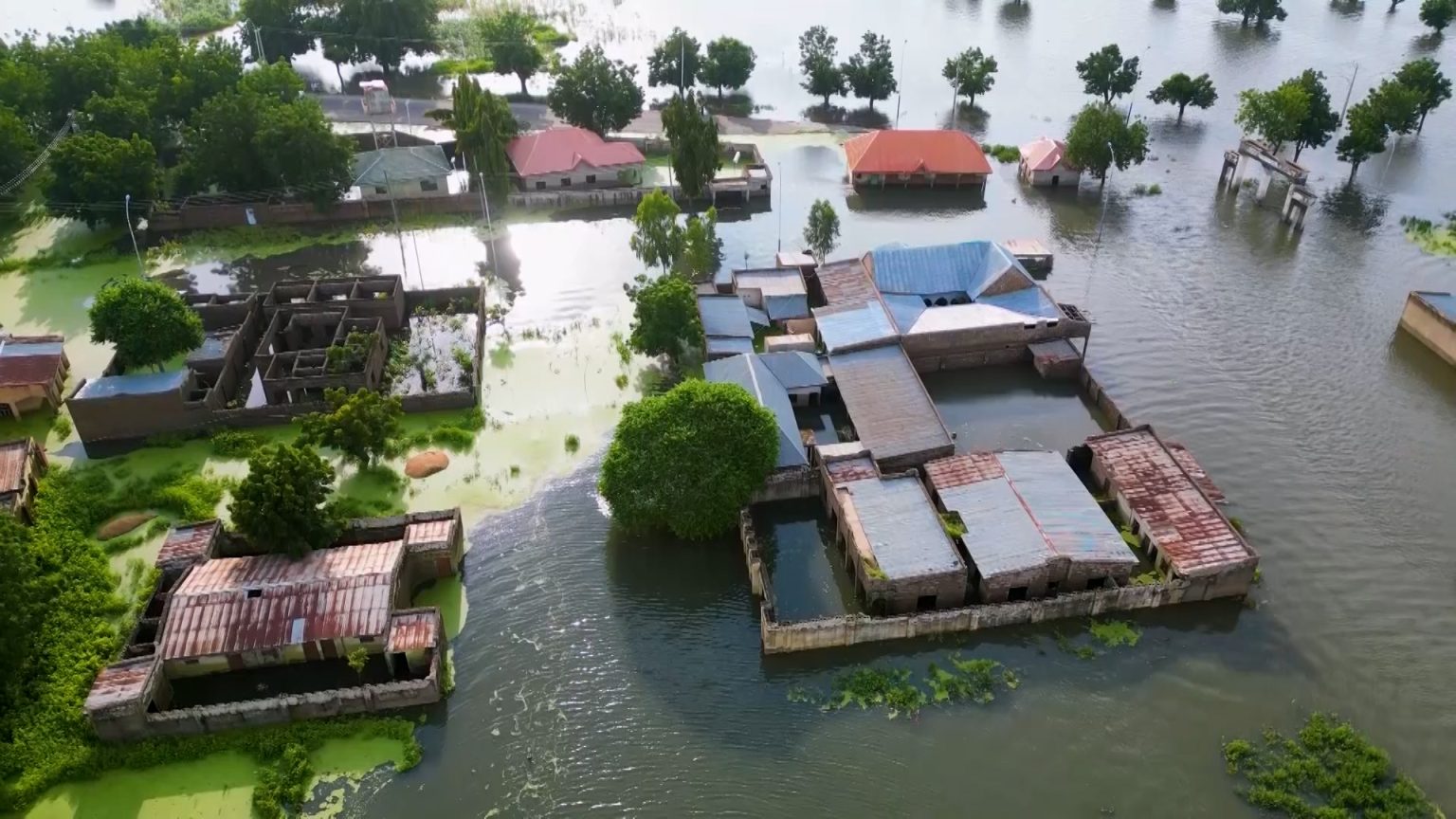Flooding has wreaked havoc in northern Nigeria, resulting in the deaths of at least 30 people and causing widespread destruction of farmland, particularly in Jigawa state. The impact of the flooding has been severe, displacing thousands of people and leaving many without access to basic necessities. The situation is dire, as communities struggle to cope with the aftermath of the disaster.
Residents in the affected areas are facing overwhelming challenges as they attempt to recover from the devastating impact of the flooding. Many have lost their homes, belongings, and livelihoods, leaving them in desperate need of assistance. The destruction of farmland has also had long-term implications for local agriculture, impacting food security and exacerbating existing vulnerabilities in the region.
Efforts are underway to provide relief and support to those affected by the flooding, with local authorities working to assist displaced residents and restore essential services. However, the scale of the disaster poses significant challenges for response and recovery efforts, requiring coordination and resources to address the widespread impact on communities in northern Nigeria. The immediate priority is to ensure the safety and well-being of those affected and to provide assistance to help them rebuild their lives.
The flooding in northern Nigeria serves as a stark reminder of the vulnerability of communities to natural disasters, which are becoming increasingly frequent and severe due to climate change. The impacts of extreme weather events such as flooding often disproportionately affect the most vulnerable populations, exacerbating existing inequalities and exacerbating poverty and food insecurity in the region. Addressing the root causes of environmental degradation and building resilience to climate-related disasters are critical to mitigating the impact on communities.
The devastating floods in northern Nigeria highlight the need for urgent action to address climate change and its impacts on vulnerable communities. Investments in disaster preparedness, early warning systems, and infrastructure are essential to reduce the risk of future disasters and protect lives and livelihoods. Additionally, efforts to promote sustainable development practices, improve land management, and enhance resilience to climate-related shocks are crucial to building a more sustainable and resilient future for communities in northern Nigeria.
As communities in northern Nigeria grapple with the aftermath of the flooding, it is essential that local authorities, humanitarian organizations, and the international community work together to support recovery and reconstruction efforts. By providing assistance to those in need, promoting sustainable development practices, and addressing the root causes of climate change, we can help communities in northern Nigeria rebuild and recover from the devastating impact of the floods. It is crucial to act now to prevent further loss of life and livelihoods and ensure a more secure and sustainable future for all.













